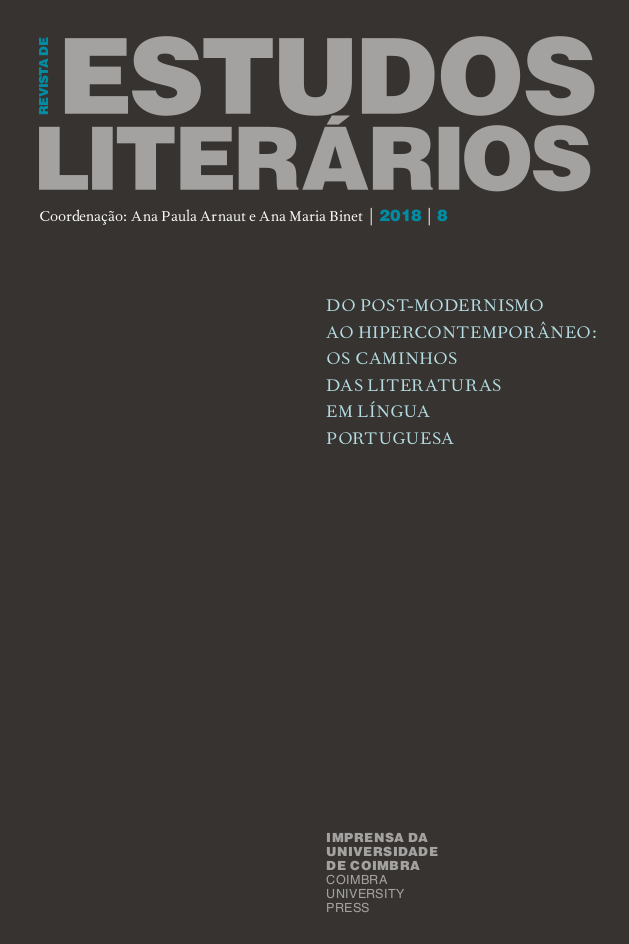THE SON BECOMES A FATHER: KINSHIP IN THE NOVELS OF JOSÉ LUÍS PEIXOTO
DOI:
https://doi.org/10.14195/2183-847X_8_12Keywords:
kinship, José Luís PeixotoAbstract
Bonds of kinship and intergenerational relationships are two prevailing themes in the works of Portuguese writer José Luís Peixoto. The author usually addresses these tie-related issues in his novels, poetry or newspaper columns through a style of writing of the self which spawns either from the links between individuals and their families or between individuals and their socio-historical environments. More often than not, these texts involve characters in the first person which are a work-in-progress. In the universe of this author, tackling kinship issues in a novel may also be regarded as a strategy which aims to avoid the fall into oblivion of his childhood realm, i.e., his hometown region of Alentejo which is constantly revisited in the texts. When the writing of the self meets the novel about kinship, a solid groundwork is established for the author to deal with the burdens such as the bearing of a name, the transmission of acquired knowledge and heritage. The importance of the father figure is key to a deeper understanding of Peixoto works and one of the factors that triggered the author into writing. Fatherhood issues are a recurring theme in his works, especially the moment in time when a man ceases to be a son to become a father.
Downloads
Downloads
Published
Issue
Section
License

This work is licensed under a Creative Commons Attribution-NonCommercial-NoDerivatives 4.0 International License.
Authors retain copyright and grant the journal right of first publication with the work simultaneously licensed under a Creative Commons Attribution License that allows sharing the work with recognition of authorship and initial publication in Antropologia Portuguesa journal.





